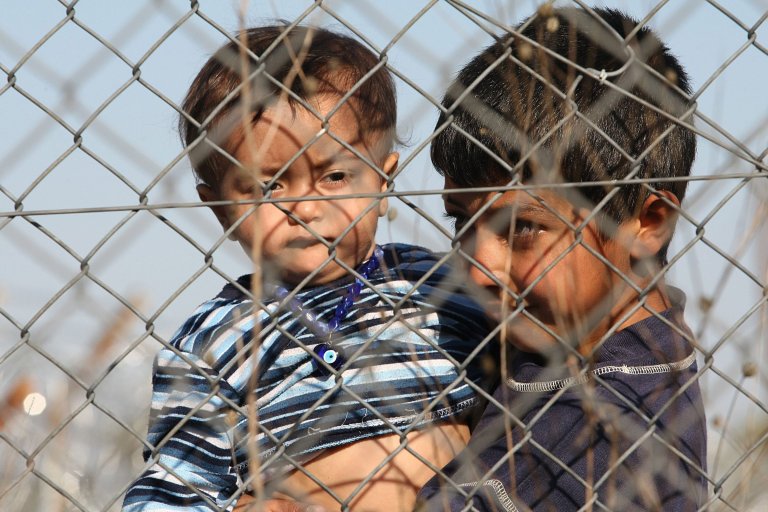The Italian Senate recently passed the controversial Migrant Flows Decree, sparking intense debate over its impact on migration policies and human rights. With 99 votes in favor, 65 against, and one abstention, the decree was approved on December 4, 2024, but the backlash has been swift. A key provision, dubbed the “Musk Law“, aimed at altering judicial processes for migrant detention, has already faced rejection from Italy’s Superior Council of the Judiciary (CSM).
What is the Musk Law?
The “Musk Law” proposes transferring the power to rule on migrant detention from specialized tribunals to appeals courts. Proponents argue that this move would streamline migration management, but critics warn of significant risks.
In a non-binding opinion, the CSM rejected the provision, stating it could lead to procedural delays and jeopardize the National Recovery and Resilience Plan, a cornerstone of Italy’s economic recovery strategy. The council further cautioned that magistrates “lacking adequate competencies” would be tasked with resolving complex migration cases.
The provision earned its nickname after U.S. billionaire Elon Musk criticized Italian judges on social media. Following a Rome court’s decision to block the transfer of migrants to Albania, Musk commented, “Those judges must go!” The statement became symbolic of growing tensions between policymakers and the judiciary.

Italy’s Migration Strategy Under Scrutiny
The decree reflects Italy’s broader efforts to manage rising migration flows, including agreements with non-EU countries like Albania to process asylum seekers. However, these measures have drawn criticism from human rights organizations, who argue that such agreements may conflict with European and international law.
The decree also establishes a list of “safe countries” for repatriation, including Egypt, Bangladesh, and Morocco. This list diverges from EU guidelines, raising questions about its alignment with European standards. The European Court of Justice is set to rule on the legality of these measures by April 2025.
Widespread Criticism
The Migrant Flows Decree has faced opposition from political parties, civil society groups, and human rights advocates.
- Matteo Renzi, founder of Italia Viva, described the decree as “propaganda disguised as policy.”
- Members of the Five Star Movement highlighted its inefficacy, pointing out that only 19 migrants were transferred to Albania in November 2024, compared to 8,000 arrivals in the same month.
Human rights groups warn that transferring detention decisions to less specialized courts could undermine the fairness of asylum procedures. Critics argue the decree risks harming migrants’ rights while failing to address the root causes of migration.
What’s Next for Italy?
The Migrant Flows Decree underscores the tension between legislative ambitions and judicial oversight in shaping migration policies. As the debate continues, Italy’s government faces the challenge of balancing security concerns with its commitment to human rights.
Will this decree pave the way for effective migration management, or will it deepen divisions and jeopardize fundamental rights? The coming months will be critical in determining the policy’s impact.




